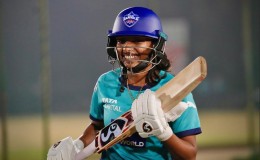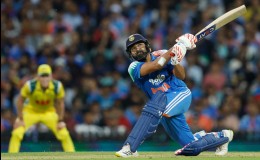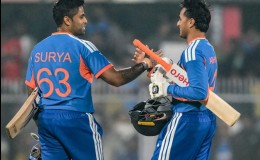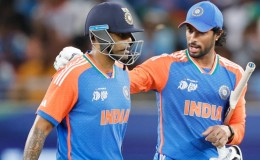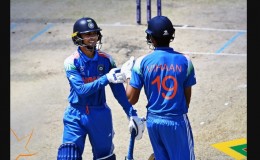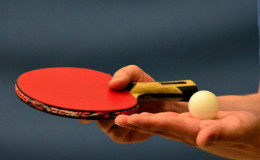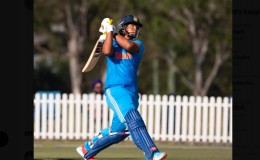Montreal: The World Anti-Doping Agency (WADA) announces that it will immediately probe the new Russian doping allegations, related to the 2014 Sochi Olympic Games, which were broadcast on Sunday on CBS 60 Minutes. The broadcast features additional allegations of doping misconduct by Russian athletes and entourage members at the Sochi Games that had not previously been exposed.
On the basis of recorded conversations between Vitaly Stepanov and the former Moscow Laboratory Director, Dr Grigory Rodchenkov, the broadcast claims that numerous Russian athletes were doped at Sochi; including, four gold medalists that were using steroids. The broadcast also suggests that the Russian Federal Security Service (FSB) interfered with the Games anti-doping program; including, some FSB agents having been employed as Doping Control Officers (DCOs). WADA has not yet been able to independently verify these allegations, but will now conduct further inquiries into the allegations without delay. This includes initiating the process to access the recorded conversations in which Dr. Rocdhenkov aired his views, as cited in the program.
“WADA will probe these new allegations immediately,” said WADA President, Sir Craig Reedie. “The claims made in the program offer real cause for concern, as they contain new allegations regarding attempts to subvert the anti-doping process at the Sochi Games,” added Reedie. “Mr. Rodchenkov was of course interviewed by WADA’s Independent Commission that exposed widespread doping in Russian athletics last year; yet, regrettably, he was not forthcoming with such information related to the Sochi Games. It is surprising to hear these views so many months after the Commission concluded its work,” he continued.
“On behalf of WADA, I would also like to acknowledge that the Stepanovs who, as reflected by 60 Minutes and other media outlets, felt there was some level of inaction by WADA in the period leading up to the formation of our Independent Commission in January 2015,” said Reedie. “There is no question that the Stepanovs provided vital information and intelligence that allowed the Commission to be established; and, without which, widespread doping in Russian athletics may never have truly been exposed,” he continued. “What may have appeared as inaction reflected the fact that, until the revised World Anti-Doping Code came into effect on 1 January 2015, WADA did not have the power to conduct its own investigations. At the time, the Agency was only able to collect information and pass it on to those that did have the power to investigate, in this case, the Russian authorities. WADA believes that passing the whistleblowers’ information on to the Russian authorities would not have resulted in the required scrutiny.”


